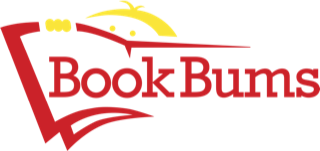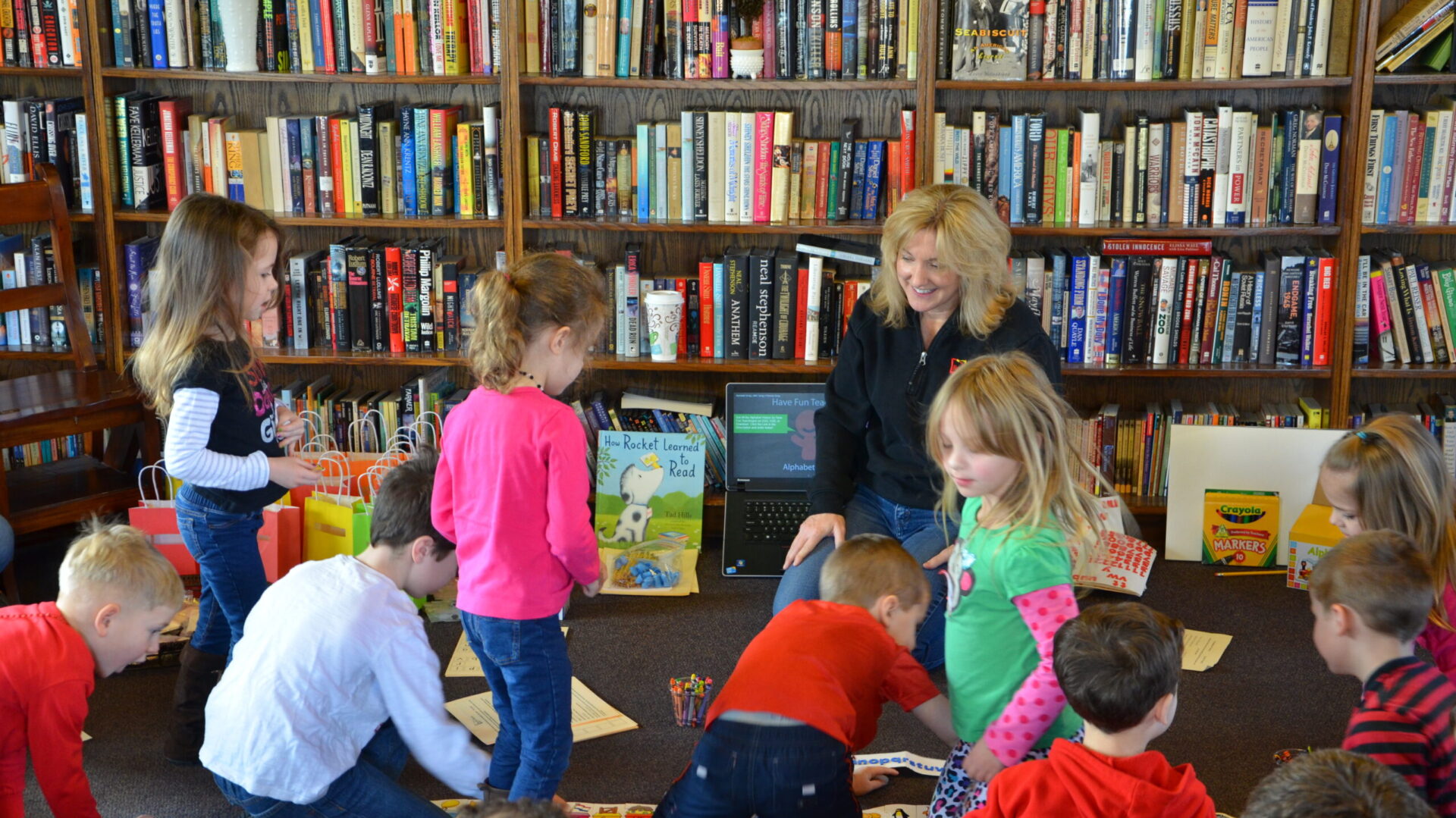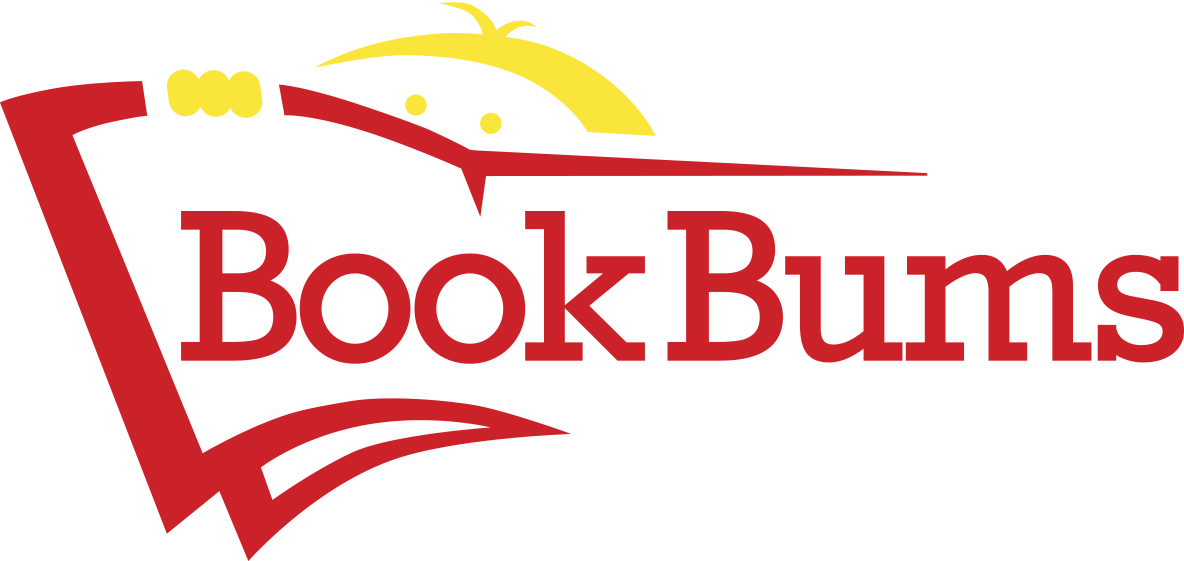
Hello Book Bums families!
Spring is springing all around in our local area. This week in the newsletter Dr. Christy digs into some spring dirt. We share some book recommendations to get you into your garden and a poem in praise of worms. As always, we're thinking about words and learning. Reply to our newsletter any time to tell us what you're thinking about and reading.

Bookbums.com is an Amazon Associate; We earn from qualifying purchases. This means that if you click on a link to Amazon.com and make a purchase, We may earn a small commission at no extra cost to you. We do recommend the products. Feel free to find them by other means.
Word of the Week
quotidian (kwo-tid-ee-uhn) adjective/describing word - everyday, mundane
Quotidian tasks like washing dishes or folding laundry are easier when shared.
Literary Calendar
• The Library of Congress was established on April 24, 1800.
• It holds over 173 million items.
• The LoC includes the National Recording Registry which catalogs songs and sounds that are culturally or historically important.
• You can learn more and browse the many resources available here.
From our Bookshelves
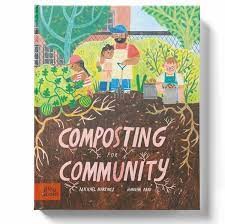
Did you know there are more life forms in a teaspoon of healthy soil than there are humans on the planet? Whoa. That’ll make you think.
Speaking of soil, do you compost? I’m trying. I purchased something like this on Facebook Marketplace,

and I tucked it at the edge of our woods. I toss what I believe are compostable things from my kitchen in there. I add the coffee grounds from the Book Bums café (inside Kids First) along with weeds, grass clippings, small sticks from the yard—things like that. Honestly, it’s not going so well. It looks like a giant heap of scraps alright, but it is NOT yielding warm, rich soil I can add to my garden.
So when I saw this beautiful book, Composting for Community, I opened its pages hoping for some help. What I found was a story about a boy who comes to understand that his family is very good at seeing life in items that were destined for the trash. I love that.
The book begins when a young man is a bit embarrassed by his father’s career choice. You see, Mateo’s father is a composter. In the end, after his dad shares lots and lots of information about composting (great information that will appeal to your older kids too), Mateo learns to appreciate his father and his role in the community. He learns that . . .
“Our soil, like our communities, is full of life, and all life deserves care, respect, and protection.”
Hannah Abbo’s illustrations (done in gouache, a type of paint made from pigments bound in water-soluble gum, like watercolor, but with the addition of white pigment to make it opaque) are gorgeous and help to tell the story. For example, kids who don’t speak Spanish must infer the meaning of the word sandia by closely observing the images on the page. Inferring (taking a good guess using the provided evidence—not a wild guess) is an important skill you can promote at home.

In truth, I didn’t find information (though there were hints) about how to transform my rotting vegetable scraps, eggshells, and old pumpkins from the fall into nutrient-rich soil. BUT . . . I did find lots of interesting information in my Experience Life magazine. In the March/April issue, they discuss the dearth of nutrients in the soil in which much of our food is grown—which lowers the nutrient value in the foods we eat. Fortunately, ecosystem-friendly farming can help, and the authors shared seven ways we can find food from good soil.
1. Buy organic or regenerative organic when possible.
2. Buy local.
3. Talk to the farmer.
4. Use all your senses (not just vision, but smell too) to choose produce.
5. Embrace blemishes. (They’re signs that plants have phytonutrients to protect and repair itself.)
6. Buy meat, dairy, and eggs from pastured animals.
7. Grow your own.
To find local farmers’ markets, check out this link!
Way back at the end of the article in Experience Life, I finally found what I was looking for. I need to add more “browns” such as fall leaves, pine needles, twigs, and bark to my kitchen scrap “greens.” Second, I need to stir the pile up to aid the decomposition process. (In Composting for Community, people were turning their piles with pitchforks.) Finally, I need to encourage worms to come visit my soon-to-be compost. Keeping it a bit damp during drier seasons may help.
If you’d like to learn more about composting, you may want to attend this class at Parky’s Farm in Winton Woods on May 25th, 2024.
Composting Class
05-25-2024, 11:00 AM
Have you ever wondered about compost but haven’t been sure where to begin? Join us to dig into the science behind it, the benefits of doing it, and how to! Head home with a container of Parky’s organic compost.
COST: Free (registration required) AGE(S): Recommended 12+
LOCATION: Winton Woods | Parky's Farm
10073 Daly Road, Cincinnati, OH 45231
(You must have a vehicle permit to enter the park.)
Tips for Families
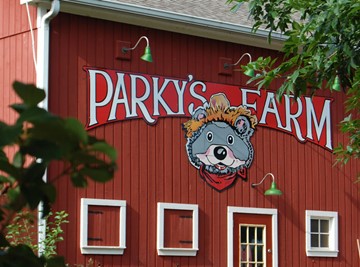
Pause for Poetry
Worms
by Carl Dennis
Aren't you glad at least that the earthworms
Under the grass are ignorant, as they eat the earth,
Of the good they confer on us, that their silence
Isn't a silent reproof for our bad manners,
Our never casting earthward a crumb of thanks
For their keeping the soil from packing so tight
That no root, however determined, could pierce it?
Imagine if they suspected how much we owe them,
How the weight of our debt would crush us
Even if they enjoyed keeping the grass alive,
The garden flowers and vegetables, the clover,
And wanted nothing that we could give them,
Not even the merest nod of acknowledgment.
A debt to angels would be easy in comparison,
Bright, weightless creatures of cloud, who serve
An even brighter and lighter master.
Lucky for us they don't know what they're doing,
These puny anonymous creatures of dark and damp
Who eat simply to live, with no more sense of mission
Than nature feels in providing for our survival.
Better save our gratitude for a friend
Who gives us more than we can give in return
And never hints she's waiting for reciprocity.
"If I had nickel, I'd give it to you,"
The lover says, who, having nothing available
In the solid, indicative world, scrapes up
A coin or two in the world of the subjunctive.
"A nickel with a hole drilled in the top
So you can fasten it to your bracelet, a charm
To protect you against your enemies."
For his sake, she'd wear it, not for her own,
So he might believe she's safe as she saunters
Home across the field at night, the moon above her,
Below her the loam, compressed by the soles of her loafers,
And the tunneling earthworms, tireless, silent,
As they persist, oblivious, in their service.
Tips for Readers and Writers
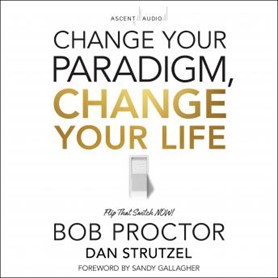
I’m rereading a book called Change Your Paradigm, Change Your Life, by Bob Proctor; and in it he talks about the benefits of having really big goals, for it’s the big goals that inspire us to actually move beyond our stale satisfaction with status quo.
Proctor also talks about the benefits of writing those goals down. He suggests that we write our big goal (one that’s so big we couldn’t possibly accomplish it on our own) onto an index card, in the present tense, and with gratitude. After that, he states we should read it aloud throughout each day, beginning the first thing in the morning. He suggests that having our big goal before us just might enthuse us to get up out of bed with gusto. (I could work . . .)
If you did this goal writing challenge with your kids, you’d get to:
• learn what’s really important to them
• teach them what writing with gratitude looks like (I’m so grateful that . . .)
• teach them what writing in present tense means ( . . . I’m a model soccer play on my team and my coach and I are both really proud of the highly skilled player I’ve become.)
• discuss what it might take to accomplish such a big goal
• talk about them asking someone to help hold them accountable for doing what it might take to accomplish the goal
Book Bums News
One of my heroes in education research is David Kilpatrick Ph. D. I’m sharing this quote of his because he’s correct, and I wanted you to know that we, at Book Bums, are working to serve kids who are struggling with reading and spelling, and we’re also working to prevent reading difficulties.
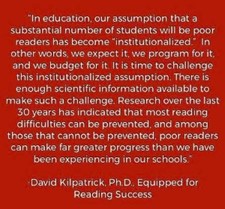
Here's what you should know:
If your kids are struggling, we can get them on track.
Pamela Snow, now a popular voice in the Science of Reading (SoR) community said. . .
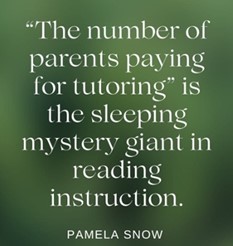
We’re proud to serve our community and to help our local schools get students performing at and above grade-level expectations.
Practical Grammar
Is it hearty or hardy? Well, that depends upon what we’re talking about. I saw an advertisement about some “hearty” plants. I believe the word they were looking for was hardy.
hardy- accustomed to dealing with fatigue or hardships: robust
capable of withstanding adverse conditions
hearty- loudly vigorous and cheerful (person)
wholesome and substantial (meal)
Just for Fun
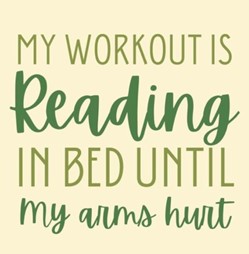
If you know someone who would benefit from our newsletter or tutoring at Book Bums, please share this email with them! Thank you.
Copyright © 2024 Book Bums, All rights reserved
Our mailing address is:
7967 Cincinnati-Dayton Road Suite L
West Chester, OH 45069
